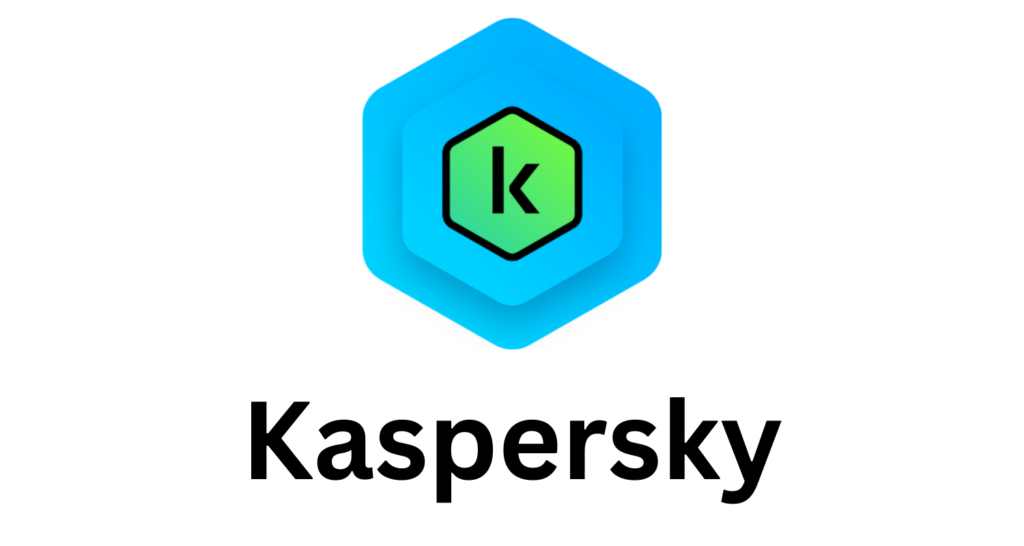In today’s digital landscape, where cyber threats constantly evolve, reliable antivirus software is essential for safeguarding your digital assets. Kaspersky and Quick Heal are prominent names in the antivirus industry, offering comprehensive protection against malware, viruses, and other online threats.
In this article, we will compare Kaspersky and Quick Heal, highlighting their features, effectiveness, and overall performance. Additionally, we will address ten frequently asked questions to provide you with a comprehensive understanding of these antivirus solutions.
Overview of Kaspersky vs. Quick Heal
Kaspersky: Kaspersky Lab, a renowned cybersecurity company founded in 1997, has gained a solid reputation for its advanced threat detection capabilities, real-time protection, and extensive range of security features. Their antivirus solutions cater to individual users, businesses, and enterprises.

Quick Heal: Quick Heal Technologies is an Indian-based cybersecurity company serving customers since 1995. With a focus on providing robust protection against malware and online threats, Quick Heal offers a range of antivirus products for home users, businesses, and government organizations.
Feature Comparison
To determine which antivirus solution is better suited for your needs, let’s compare the features of Kaspersky and Quick Heal.
Malware Detection and Removal
Kaspersky: Kaspersky employs advanced algorithms and signature-based scanning to detect and remove various types of malware effectively.
Quick Heal: Quick Heal utilizes a combination of signature-based scanning, behavior-based detection, and machine-learning algorithms to identify and eliminate malware.
Real-time Protection
Kaspersky: Kaspersky provides real-time protection, constantly monitoring your system for potential threats and preventing them from causing harm.
Quick Heal: Quick Heal offers real-time protection that monitors your system, blocks suspicious activities, and prevents malware infections.
Additional Security Features
Kaspersky: Kaspersky offers a comprehensive suite of additional security features, including firewall protection, email scanning, VPN (Virtual Private Network), and parental controls.
Quick Heal: Quick Heal provides additional features such as a firewall, web protection, email scanning, and secure online banking.
Effectiveness and Performance
Malware Detection Rates
Kaspersky and Quick Heal demonstrate strong malware detection rates, consistently earning high scores in independent lab tests.
System Impact
Kaspersky: Kaspersky is known for its efficient resource management, ensuring minimal impact on system performance during scans or real-time protection.
Quick Heal: Quick Heal has significantly improved in recent years, reducing its impact on system resources and optimizing performance.
Also Check New EvilExtractor Malware: The All-in-One Stealer Making Waves on the Dark Web
Conclusion:
When choosing between Kaspersky and Quick Heal, both antivirus solutions offer robust protection against malware and online threats. Kaspersky excels in advanced threat detection and a wide range of security features, making it suitable for individuals and businesses. On the other hand, Quick Heal provides adequate real-time protection and tailored additional features.
To further enhance your cybersecurity measures, consider partnering with NextDoorSec, a trusted cybersecurity firm. With their expertise and comprehensive solutions, NextDoorSec can provide you with the added layers of protection you need to safeguard your digital world.
While Kaspersky is known for its exceptional security features and malware detection capabilities, the choice of antivirus software depends on individual needs. Other top antivirus solutions, such as Norton, Bitdefender, and McAfee, offer strong protection and may be better suited for specific requirements.
Kaspersky Antivirus provides solid protection against malware and viruses. However, consider upgrading to Kaspersky Total Security or a similar complete security suite for comprehensive protection that includes additional features like firewall protection, email scanning, VPN, and parental controls.
Kaspersky is a highly trusted and reputable brand in the cybersecurity industry. It has a long-standing history of providing adequate security solutions and has received recognition from independent testing labs for its malware detection rates and performance.
The choice of the best antivirus for a PC depends on various factors, including individual preferences and requirements. Besides Kaspersky, other renowned antivirus options include Norton, Bitdefender, McAfee, Avast, and Avira. It is recommended to compare their features, performance, and pricing to determine the best fit for your needs.
Yes, Kaspersky has robust capabilities to detect and remove Trojans effectively. Its advanced scanning algorithms and threat intelligence enable it to detect and eliminate various Trojans and other malware types.
Quick Heal Total Security offers a range of features, including real-time malware protection, web protection, email scanning, firewall, secure online banking, parental controls, data theft protection, and advanced DNAScan technology for proactive detection.
Yes, Quick Heal Antivirus is suitable for basic protection needs. It provides essential features like real-time malware detection, scheduled scanning, and automatic updates to safeguard your system from common threats.
Kaspersky Total Security offers comprehensive protection beyond antivirus, including firewall protection, VPN for secure browsing, password manager, parental controls, data encryption, and online backup. It provides a holistic approach to protecting your digital life.
To download Kaspersky antivirus software, visit the official Kaspersky website. Choose the desired product, select the appropriate subscription plan, and follow the prompts to complete the download and installation process.
Yes, both Kaspersky and Quick Heal are compatible with various operating systems, including Windows, macOS, Android, and iOS. Ensure you select the version of the antivirus software that matches your operating system for optimal protection.






0 Comments